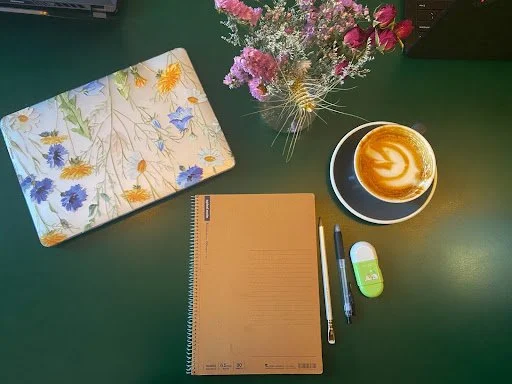Got 10 Minutes? Try Journaling for Your Mental Well-being and Productivity
Photo Credit: Nick Morrison on Unsplash
October 11, 2022 | Montréal, Québec
I have become a recent convert to the practice of journaling. Over the course of my life, I have attempted several times to be the kind of person who keeps a journal.
When I was really young, I had a sparkly diary with a heart lock on it. In high school, I had a super trendy bullet journal. I was drawn to the aesthetic of journaling, but never had a reason to return to the journal and so I never turned journaling into a habit. Recently, I’ve managed to keep up with my current journal over the course of several months. This time, I have felt both productivity and mental health windfalls that have me coming back.
“Like warming up before a big game, I warm up by writing in my journal before tackling the rest of my work.”
It won’t be surprising that journaling has great benefits for your mental health - it’s the reason that I was encouraged to try journaling again. But when it comes to reaping rewards for your mental wellbeing, it matters what you write about. Rather than vaguely documenting my day, I use my journal to express gratitude, resolve emotional conflicts, catalogue intense feelings and practice optimism by noting positives.
These practices are not only reflective of my personal positive experience with journaling; Greater Good In Action at UC Berkeley outlines several journaling practices that can improve mental and physical well-being and that are backed by science. In a study out of UC Davis, researchers found that regular gratitude journaling helped participants, “[experience] more gratitude, positive moods, and optimism about the future, as well as better sleep, compared to those who journaled about hassles or their daily life.” (The Greater Good Science Center, 2022).
“Why have I been able to keep up with the habit? I love the “easy wins” it gives me - worth it both for my mental wellbeing and for my productivity.”
Photo Credit: Chloe Merritt
In spite of these benefits, I know that it can be hard to set aside time for journaling. When you’re overwhelmed and in emotional turmoil, journaling can sometimes seem like just another task to add to the endless list of to-dos. My friends often argue they simply don’t have the time to begin journaling. I frame the habit a bit differently. Journaling is an “easy win” for productivity. Like warming up before a big game, I warm up by writing in my journal before tackling the rest of my work. By starting with a quick, 10-15 minute, journaling exercise, I can foster a sense of accomplishment and success that drives me to complete the rest of my tasks for the day. It’s much easier for me to find motivation to sit down for 10 minutes and write a journal entry than to address the complex and difficult projects I’m working on for work and school. If I’m stressed or anxious, I’m also often distracted from work by my emotions. By setting aside the time to process them and to give attention to gratitude and optimism, I can tackle the rest of my work more calmly and effectively. So, why have I been able to keep up with the habit? I love the “easy wins” it gives me - worth it both for my mental wellbeing and for my productivity.
On the other hand, the idea of the blank page (or blank word doc) can be daunting. I highly recommend Greater Good In Action’s practices, including Three Good Things, Gratitude Journaling, and Expressive Writing. Their short articles offer easy prompts to begin expressing your thoughts and feelings. Reading them through often provokes emotions or thoughts that I can jot down - in sentences or bullet points. The exercise is the perfect quick activity to work through emotions and get down to work.
No, journaling is not the inspirational aesthetic I was always emulating, but it helps me take care of my mental health and actually helps my productivity. The benefits of practicing gratitude and optimism are reinforced not only by my own experience, but by studies that highlight improvements to mental and physical well-being. And journaling helps me stay productive by giving me an “easy win” that helps me feel accomplished and shifts my mindset towards feeling positive about tackling the rest of my day.
Author
Chloe Merritt
Community Liaison Lead



